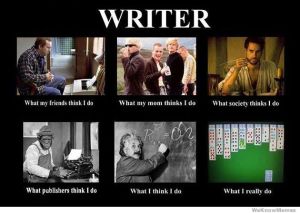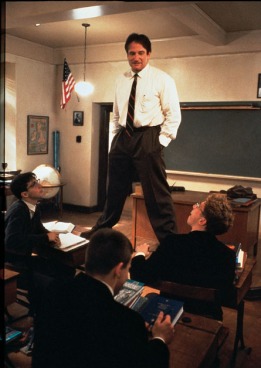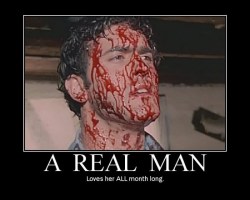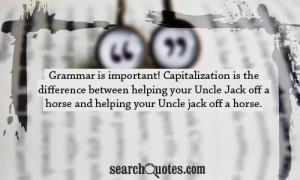R is for Real Writer. What I seek to be, but I’m a long way from it.
There’s a quote from The Adventures of Tom Sawyer, at the end of Chapter 2, after Tom has duped his friends into whitewashing the fence for him, where he realizes that “Work is what a body is obliged to do, and play is what a body is not obliged to do.” Even if it’s exactly the same task. I realized today that for all my life, I have been playing at writing. I have almost never worked at writing, except on a very few occasions when a teacher/professor insisted I revise, not because I hadn’t done good work, but because I had not yet done my best work.
 Working at writing doesn’t mean it becomes a joyless pursuit. You can still have fun with it, but it means that you have to accept that not everything you compose is going to be great right off the bat. Once in a while, you even have to hit Ctrl-A, Delete. It does mean that you start writing well ahead of your deadline, even if it’s self-imposed, and you revise and edit, and then you revise and edit again, and you get another pair of eyes, preferably multiple pairs, to read through it. You refine your craft.
Working at writing doesn’t mean it becomes a joyless pursuit. You can still have fun with it, but it means that you have to accept that not everything you compose is going to be great right off the bat. Once in a while, you even have to hit Ctrl-A, Delete. It does mean that you start writing well ahead of your deadline, even if it’s self-imposed, and you revise and edit, and then you revise and edit again, and you get another pair of eyes, preferably multiple pairs, to read through it. You refine your craft.
Teachers (like myself) should innately know this and not only because we teach students that writing is a process. Teaching is more art than science, no matter how all the data-driven, quantitative-analysts try to spin it. You can spend hours planning a lesson, but (especially if you only teach one unique class all day) when you walk in the classroom in the morning, that first period class our your guinea pigs; with that class you figure out what works in the lesson and what doesn’t, what needs to be adjusted for time, perhaps a point you want to make or a question you want them to answer or even a different kind of activity for them to process their understanding. Then, through the subsequent four sections that you teach, you refine that lesson until you have all but perfected it with the last class.
It’s not fair to the first class of the day, of course. But the upside, with writing, is that your first draft only has to be tested out on the few individuals you trust to read it critically but carefully, who will offer you constructive advice on improving it. Then the challenge is to check your ego at the door and accept that any writing can stand improvement before it goes out to the wide world. You should never do less than the best with a gift you’ve been blessed with.
So here’s to Real Writers, and the continuing journey to become one.








